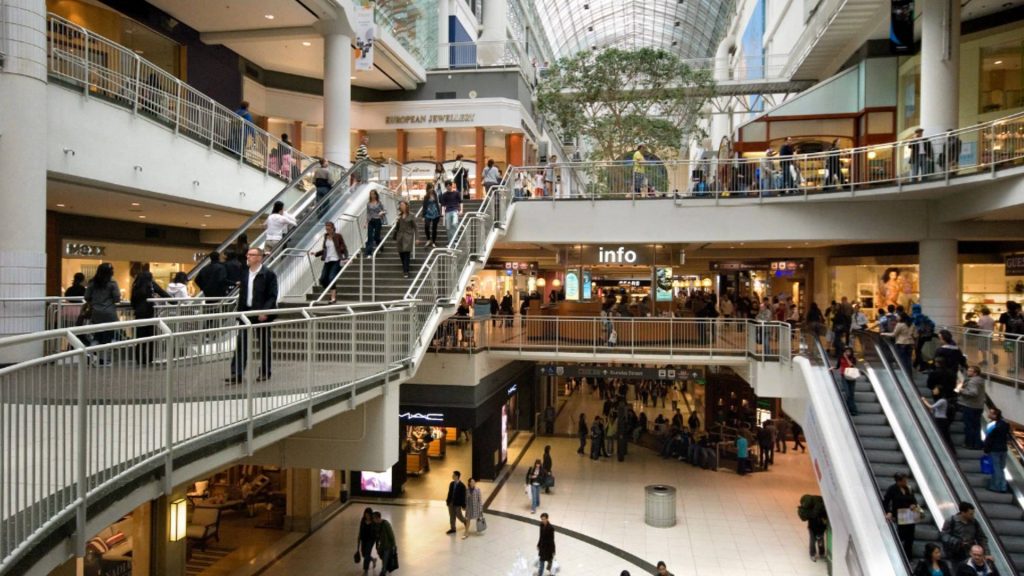SÃO PAULO, BRAZIL – A Procon São Paulo Foundation survey, involving 1,659 consumers, shows that 55.1 percent (915) of them have already suffered discrimination while shopping. Discrimination due to financial condition was 60.77 percent, followed by racism at 15.96 percent and being a woman, 8.2 percent.

According to Procon, Law 7.716 of 1989 defined as a crime any discrimination or prejudice based on race, color, ethnicity, religion, or nationality. Among punishable criminal conduct is the act of refusing or preventing access to commercial establishments. Those who discriminate are also in violation of the Consumer Protection Code.
In relation to gender discrimination, the majority of cases occurred with cisgender women (a person whose sense of personal gender identity is aligned with their biological sex). When considering the relationship between gender identity and the number of respondents from each group, however, the highest incidence of discrimination occurs among transgender men (when the person does not identify with their biological sex), reaching 62.07 percent.
The same applies to race/color. Most of those discriminated against are white, 53.88 percent. But considering the relationship between color and number of respondents in each category, the percentage is 65.38 percent for those of black color. Black respondents, therefore, suffered more significant discrimination. Of the 182 who identified themselves as black, 119 have already suffered discrimination.
For 73.22 percent of respondents, discrimination was subtle/camouflaged. In relation to the location of the occurrence, 36.17 percent reported stores (clothing, footwear, electronics, among others), 16.28 percent in financial institutions (bank, insurance, and similar), 8.31 percent in a shopping mall, 5.90 percent in establishments that serve meals and 5.14 percent in a utility company.
Based on some alternatives listed in the questionnaire, respondents reported how discrimination occurred. For 36.94 percent, a service was refused and/or delayed. More than 20 percent said they had suffered some kind of moral and/or physical abuse and 16.72 percent witnessed some action that induced or incited prejudice or discriminatory practice to a condition for which they felt affected. More than 56 percent of those suffering discrimination did not report the case to the authorities.

